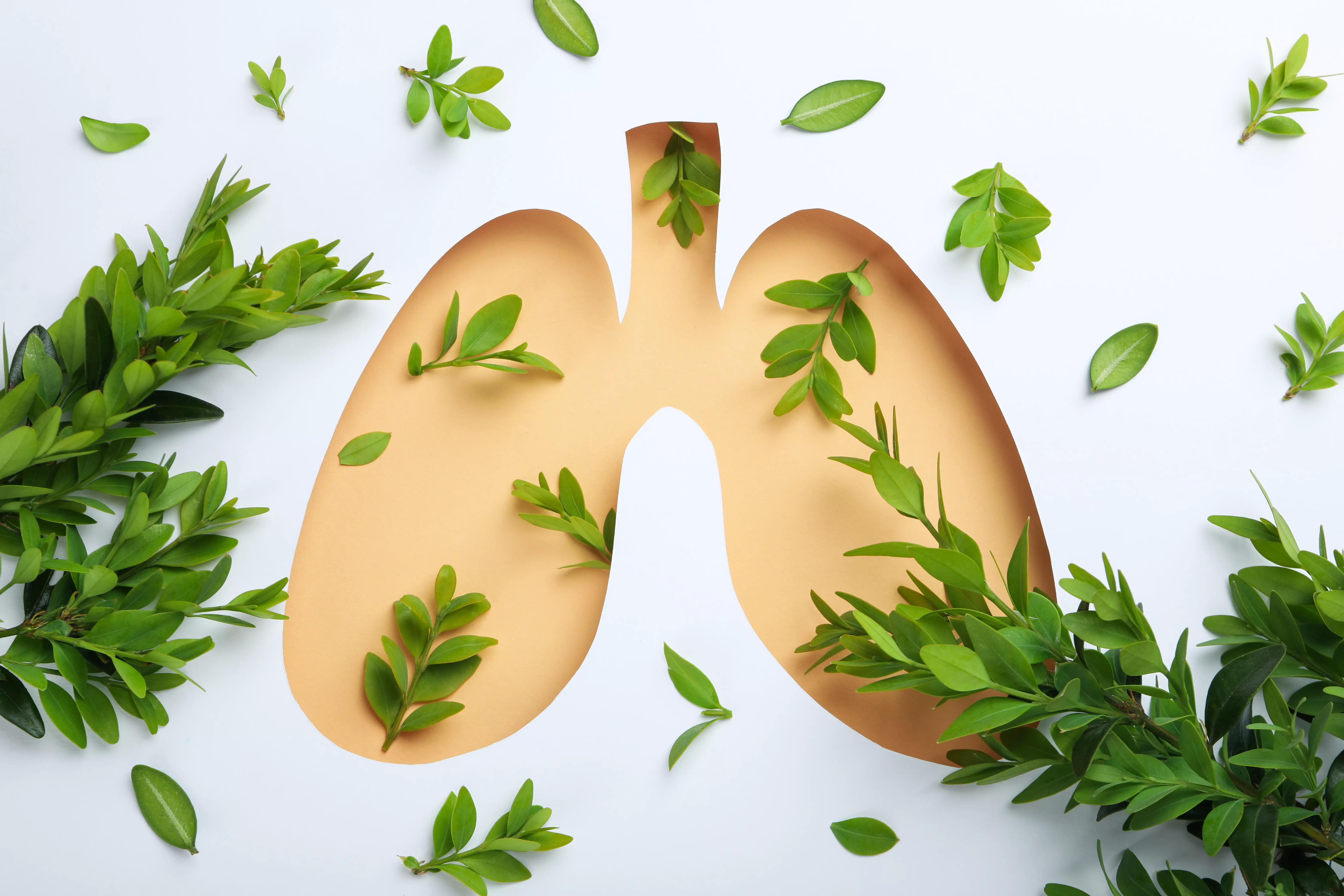 shortnessofbreath.it
shortnessofbreath.itWhat are pneumonia and other lung infections?
The lungs are a key organ in the respiratory system that is responsible for delivering oxygen to the body and removing carbon dioxide. However, the lungs are also vulnerable to various infections that can affect their ability to work properly. In this article, we will discuss what pneumonia and other lung infections are.
Pneumonia
Pneumonia is an infection that causes inflammation in one or both lungs. It is usually caused by bacteria, viruses or fungi. When an infection occurs, the alveoli, which are normally filled with air, fill with fluid and pus, making it difficult to breathe properly.
Symptoms of pneumonia may include:
Coughing, often with sputum production
Shortness of breath
Chest pain
Fever and chills
Fatigue and weakness
Treatment for pneumonia depends on the cause of the infection and may include antibiotics (for bacterial infections), antiviral drugs (for viral infections) and rest and hydration.

Tuberculosis
Tuberculosis, or tuberculosis, is a serious bacterial infection that most often affects the lungs, although it can spread to other parts of the body. It is caused by the bacterium Mycobacterium tuberculosis.
Symptoms of tuberculosis include:
Cough lasting 3 weeks or longer
Weight loss
Loss of appetite
Fever
Night sweats
Treatment of tuberculosis usually involves the long-term use of antibiotics.
COPD
Chronic obstructive pulmonary disease (COPD) is a long-term, progressive disease that causes breathing difficulties. It is caused primarily by long-term exposure to harmful agents such as tobacco smoke and environmental pollutants.
Symptoms of COPD include:
Prolonged coughing
Shortness of breath
Wheezing in the chest
Fatigue
Add comment